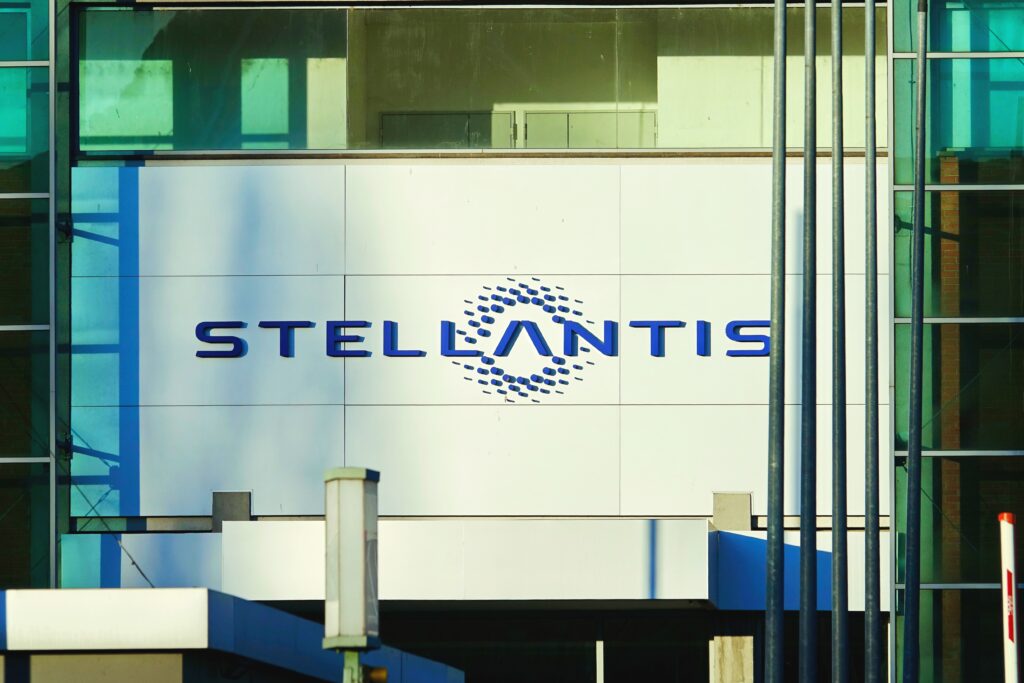Carlos Tavares stepped down as CEO of Stellantis in December, two years before the end of his term. His departure came after tensions with the board over electric vehicle targets. Despite the company’s falling sales in Europe and the U.S., shareholders approved a €23.1 million compensation package for Tavares. Stellantis plans to name a new CEO by mid-2025, while board chairman John Elkann serves as interim leader.
Leadership Clash Over Electric Future
Carlos Tavares, who had led Stellantis since its formation in 2021, resigned after disagreements with the board. He advocated for Stellantis to sell only battery electric vehicles (BEVs) in Europe by 2030. However, the board was not aligned with his aggressive electrification goals.
This internal conflict came as the company faced sharp declines in car sales across major markets. Tavares’ decision to step down came earlier than expected, shaking investor confidence and raising questions about the automaker’s EV strategy.
“We thank Carlos for his leadership and vision,” said interim chair John Elkann.
“Now, we are focused on a smooth transition.”
€23 Million Pay Package Sparks Debate
During the annual shareholder meeting held Tuesday, 67% of investors voted in favor of a €23.1 million compensation package for Tavares. The package included:
-
€2 million in base salary
-
€500,000 in retirement benefits
-
Over €20 million in bonuses and stock incentives
This approval came despite a disappointing financial outlook for 2024.
Allianz Global Investors and Proxinvest, two influential investor groups, had urged shareholders to reject the proposal.
They argued the payout ignored recent performance issues and sent the wrong message about accountability.
Stellantis Faces Slowing Growth and Shrinking Margins
In late 2024, Stellantis issued a profit warning. The company projected its operating margin would drop to between 5.5% and 7%, down from 10% the previous year. It also forecasted a negative free cash flow between €5 and €10 billion—concerning figures for a firm once considered a global frontrunner in automotive mergers.
Critics say the executive bonus structure failed to align with company performance.
“Rewarding top executives during a downturn creates a dangerous precedent,” said a statement from Proxinvest.
New CEO to Be Named by Mid-2025
John Elkann, Stellantis chairman and interim leader, announced that a new CEO will be selected by mid-2025. The board is reviewing a shortlist of five candidates. Elkann emphasized that the next chief executive must balance electric transition goals with global market realities.
Until then, Elkann will lead strategic decision-making while managing day-to-day operations with the executive team.
U.S. Tariffs Add Pressure on Auto Industry
The company’s challenges have been further complicated by trade policy shifts in the United States.
On April 3, President Donald Trump implemented a 25% tariff on imported vehicles. He also plans to apply new duties on auto parts starting May 3. While Trump suggested that temporary exemptions could help automakers move production back to the U.S., industry experts remain cautious.
“We’re trying to help them shift manufacturing,” Trump said at the White House this week.
“But it will take time.”
However, analysts say unpredictable policy shifts may discourage new factory investments. Elkann voiced concern about the tariffs’ long-term impact.
“Sudden regulations risk harming both the U.S. and European car sectors,” he stated.
“Still, we welcome open discussions with policymakers.”
As Stellantis navigates a leadership change, financial pressure, and global trade tensions, its future remains uncertain. The company’s ability to adapt to changing market dynamics—especially the move toward electric vehicles—will be key.
The choice of the next CEO will likely define the company’s strategic path for the next decade.
